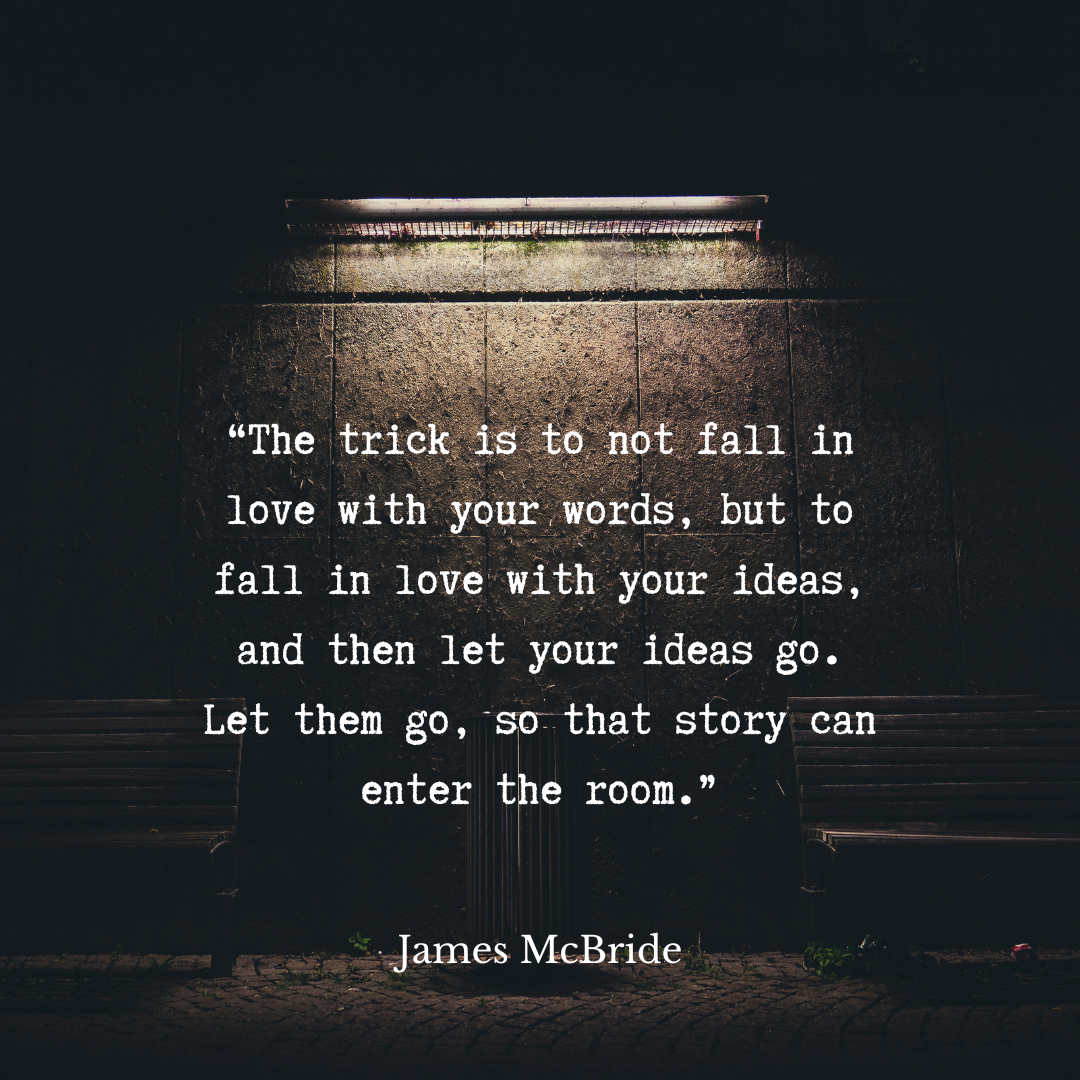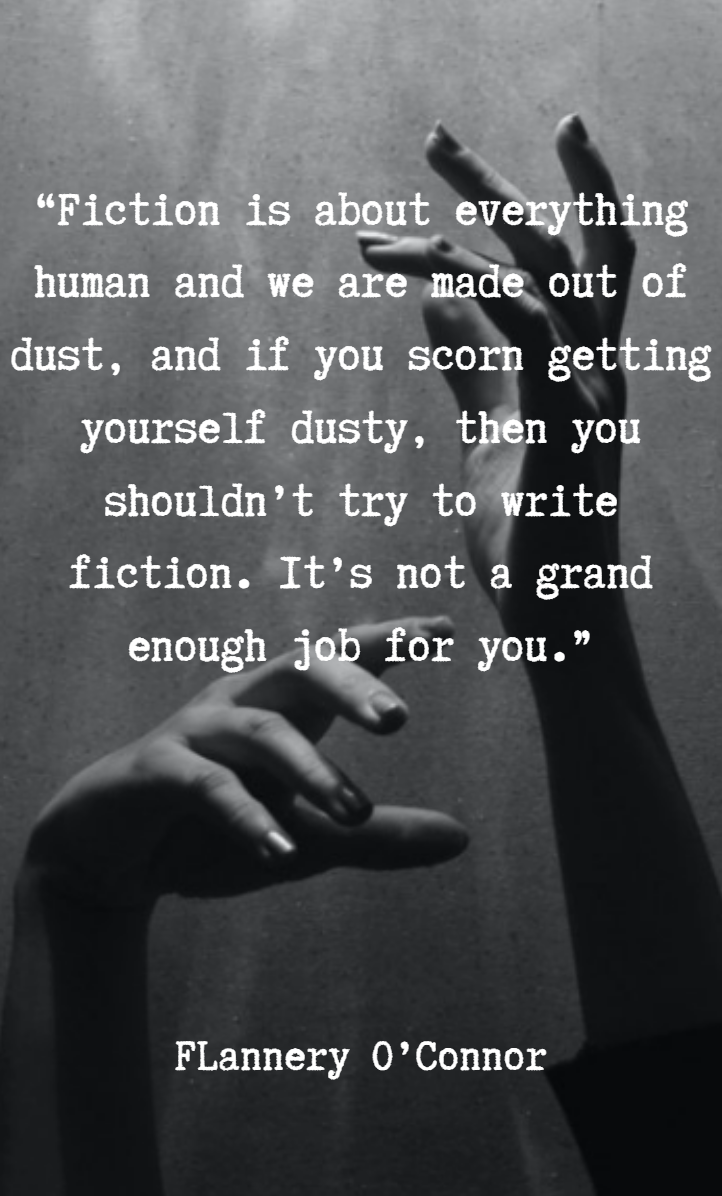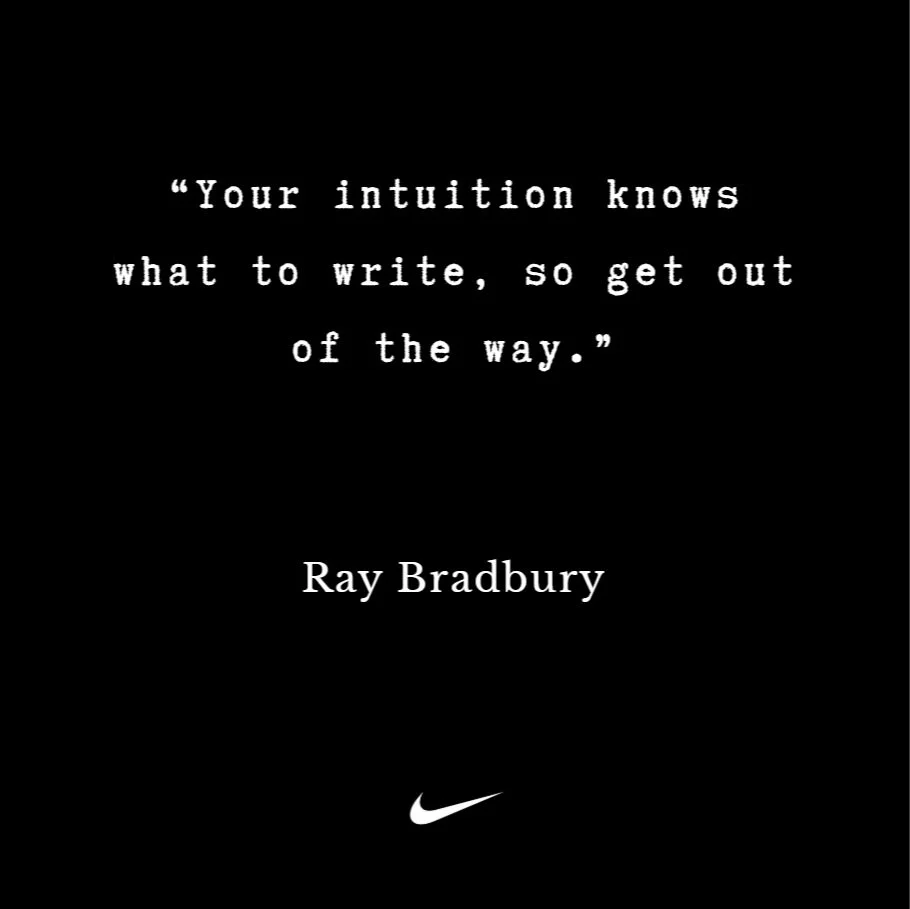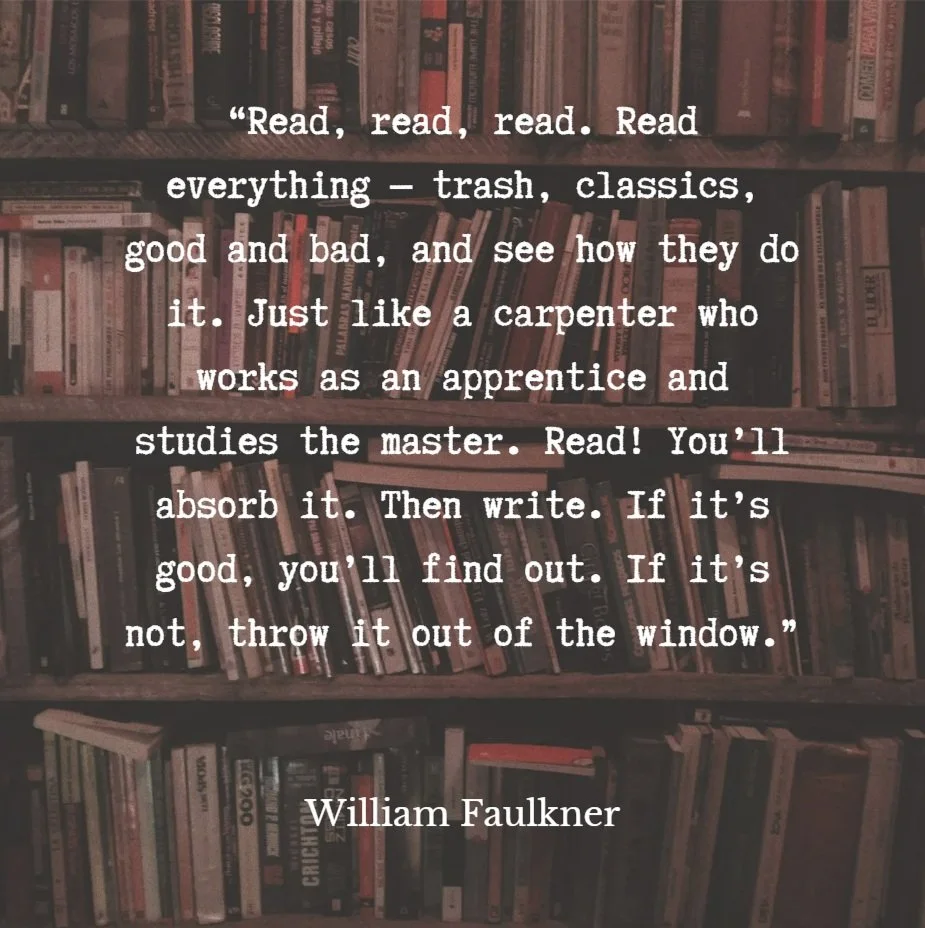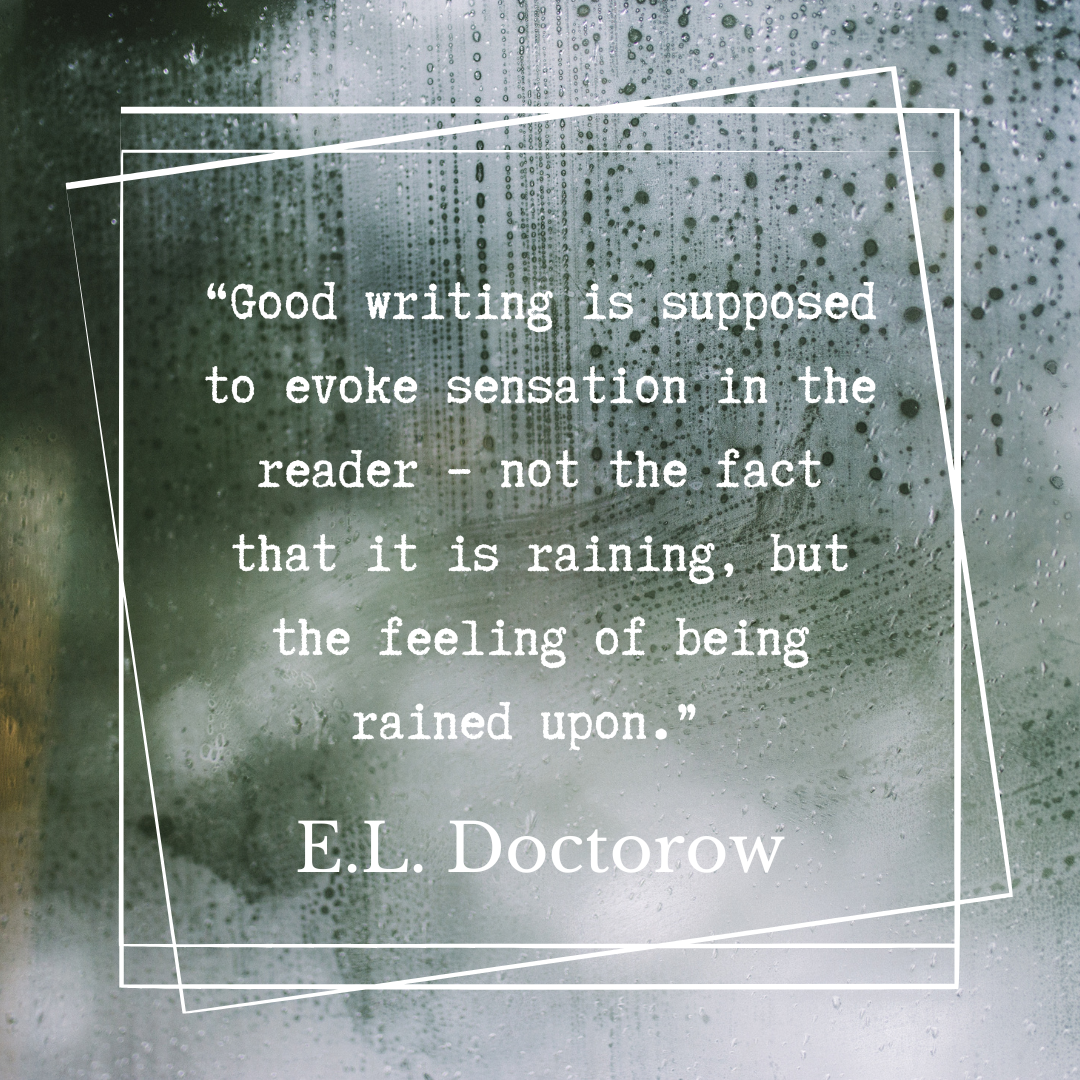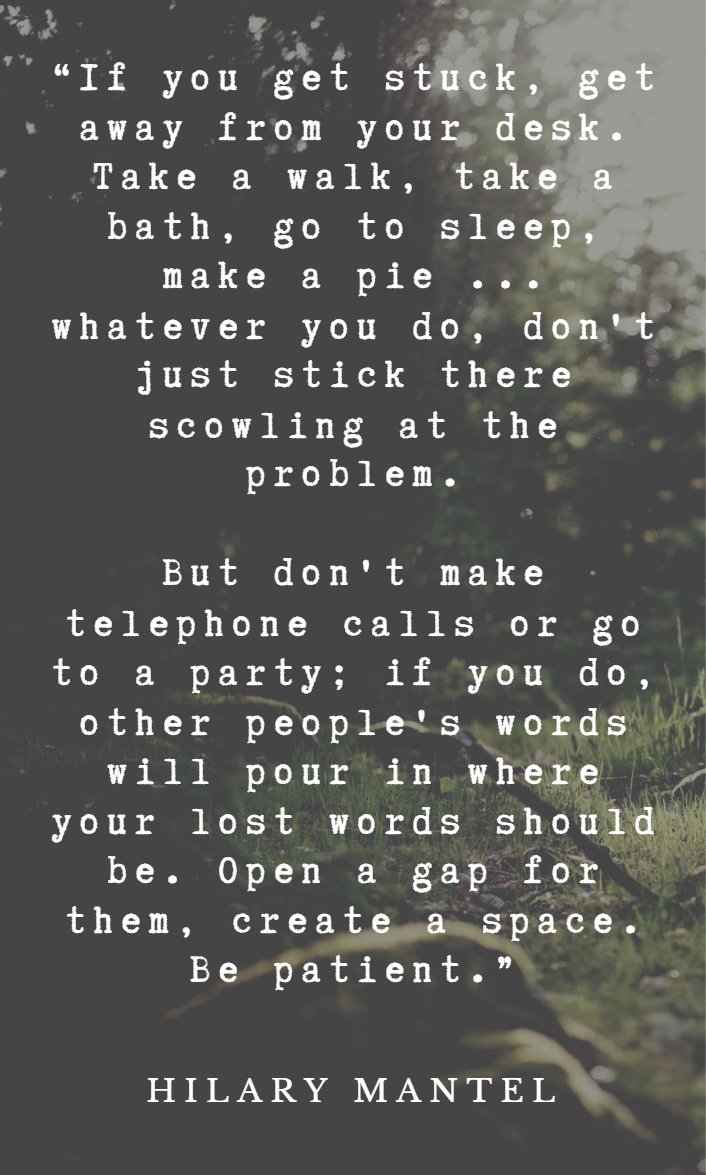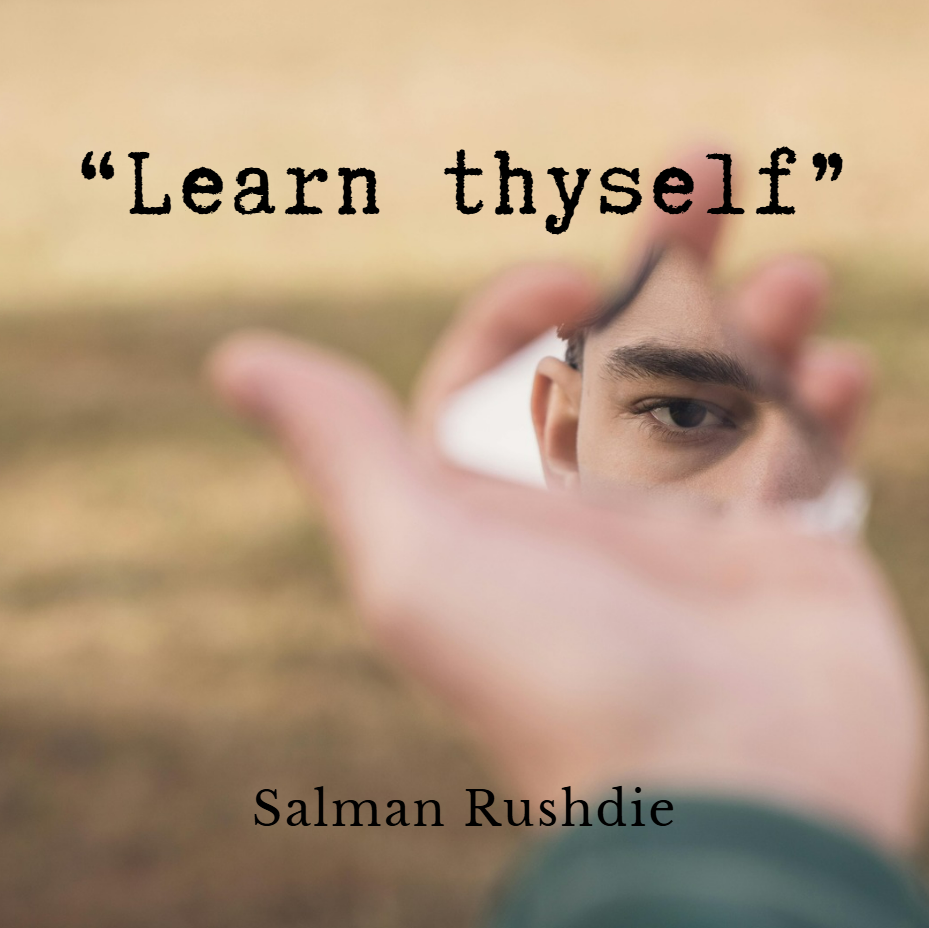How to be a better writer: 7 tips from the masters
Every writer falls into a deep, dark inspirational hole at some point. It’s all part and parcel of suffering for your art, and it’s not for nothing the old adage defines the art of writing so grimly: “All you do is sit down at a typewriter and open a vein.”
Of course, in times of need, a little wisdom from the masters can go a long way to helping the “blood-letting” go a little easier. It reminds us even the best authors have stared down the same demons — creative drought, existential doubt, mortally disappointed parents — and emerged on the other side with some hardwon insights into the always difficult, often wonderfully elusive, writing process.
So, if you’re wrestling with writer’s block or you’re simply frustrated with the current state of your manuscript, who better to turn to for guidance than the greatest writers to ever put pen to paper? Let’s pick their brains.
James McBride
on how story is everything
Acclaimed author James McBride (The Color of Water, Deacon King Kong) reminds us that the most powerful writing is inextricable from story, and story begins with ideas.
There is no denying that craft matters, of course. Go forth and unspool your sentences stunningly. Paint sensations and conjure whole worlds with your words. Just don’t turn Narcissus and dwell so lovingly long on each turn of phrase that your story withers on the vine.
Obsess over your ideas instead. Cultivate them with the reverence of a gardener, regarding them as the vital, subterranean roots from which narrative springs — nourishing, complex, and alive.
Style without substance is all show and lifeless ornament, as sterile as a fancy faux bouquet in a shop window. As McBride suggests, a writer’s goal should be loftier than this. And only by first establishing a fertile ground of substantive ideas will the conditions be right for your story to blossom.
So, focus your hard work on what truly matters: nurture your ideas first and let your story follow; the pruning and the polish can wait.
2. Flannery O’Connor
on hands in the dust
Flannery O’Connor’s enduring wisdom for writers is to honour the darkness as well as the light. Shadow and dust are in everyone, she argues, and writing isn’t about presenting a pristine, sanitised version of reality; it’s about capturing its unvarnished truth: its raw grit, its dirt, and its inherent contradictions.
Great fiction demands fearless honesty, and that means wading into the murkier depths of human nature and confronting the darker elements of the world and ourselves.
So, are you prepared to get a little dustier? Thought so!
3. Ray Bradbury
on no more overthinking
Bradbury teaches us a valuable lesson in trusting the creative process and not overthinking your craft.
This isn’t a call for laziness but for stepping aside and allowing your art to come to you. Bradbury’s advice echoes his famous mantra Don’t think and Charles Bukowski’s epitaph: Don’t Try.
Don’t Try doesn’t mean don’t do. Bukowski wasn’t a careless writer, and neither he nor Bradbury advocated sloppiness. Their shared wisdom is this: don’t force it, don’t overwork it, and don’t strive to be a writer you’re not.
Overthinking stifles creativity. The best writing isn’t about white-knuckling your way down each page with self-conscious effort and gritted teeth. It’s about allowing your innate talents to surface and shine, Jedi style.
Linda Lee Bukowski eloquently clarifies her husband’s point: “Don’t try. Do. Because if you’re spending your time trying something, you’re not doing it.”
So stop second-guessing yourself. Be patient, clear your mind, get out of your own way — then get to work.
4. William Faulkner
on reading your heart out
What writer isn’t familiar with Faulkner’s advice to read, read, read — if not with the quote itself, then the truth of it? But what writer ever tires of the reminder that their first love, reading, carries such value for honing their craft?
Reading isn’t just food for your mind and soul; it’s your greatest resource as a writer. When you make time to read, you apprentice yourself to the masters, studying the techniques behind their creative work and staying connected to the very thing that brought you to writing in the first place: a love of language and story.
Read for pleasure, of course. But also read (and re-read) with an analytical eye. Pay attention to how other authors shape sentences, evoke emotions, build worlds. Learn from what you admire and emulate their tricks of the trade. Take these borrowed tools and use what you’ve learned to forge your own path.
As Faulkner suggests, you’ll know when you’ve struck gold. And when you haven’t? Well, those windows aren’t just for gazing through wistfully…
5. E.L. Doctorow
on sensory writing
The best stories come trailing mantles of sensory suggestion. They conjure the scents, sounds, hues, and textures of their worlds, leaving readers with the unshakeable feeling of having inhabited an invented elsewhere, if only for a time.
E.L. Doctorow understood this literary alchemy well and reminds us of the profound power of sensory writing for enriching narratives and pulling readers deeper. Harnessing sensory detail can mean the difference between prose that is flat and forgettable and prose that raises goosebumps or sends shivers down the spine. It can mean the difference between “The woods looked dark and foreboding” and “Blotting the sky, the trees breathed malevolent secrets in the darkness.“
One way to amplify the sensory detail in your writing is to limit filter words like feel, think, hear. These can drop unnecessary veils between the reader and the character, diluting the immediacy of the unfolding moment. Strike out phrases like she felt, I heard, and they watched — instead of “She felt a warm breeze on her cheek,” write “A warm breeze kissed her cheek.” This simple shift draws your reader directly into the scene, creating a more immediate, visceral connection with the fictional present.
So, heed the classic advice: “Show, don’t tell.” Craft your key descriptive passages with vivid, sensory-rich precision. No need to tip into purple prose, of course, but do make a conscious effort to engage your reader’s senses. This is how you do justice to the world of your story, allowing your reader to experience it in its fullest dimension.
6. Hilary Mantel
on dealing with writer’s block
Some liberating advice from master of historical fiction, Hilary Mantel: the next time you're truly, unproductively stuck, don't wall yourself in with the problem. Take a break and give your thoughts permission to drift — go for a walk, take a shower, do a crossword puzzle, or create something new.
This isn’t procrastination; these day-dreamy interludes help open windows in the mind, letting your imagination breathe and your thoughts percolate.
Mantel’s advice to practise patience in the face of writer’s block celebrates the power of free-association and soft, unfocused attention over rigid concentration. The solitary, contemplative activities she recommends are like pauses of incubation: while your conscious mind rests, your subconscious mind continues to work, quietly untangling creative knots just beyond your immediate perception.
When you return to your desk, you'll invariably discover new perspectives that were previously obscured by being too close to the page. The key is patience: trusting your mind to continue to work even when you're not forcing it, and understanding that creative breakthroughs emerge not from relentless scrutiny, but from welcoming, spacious receptivity.
7. Salman Rushdie
on writing authentically
The brilliant Salman Rushdie leaves us with the most vital and difficult lesson of all, a lifetime of work distilled into two simple words: “Learn thyself.”
His advice is not just for the memoirists and diarists among us; it articulates a fundamental truth for all storytellers to live by. To create authentic, resonant work, you must first turn your eyes inward and learn who you are, what you think, and what you have to say.
The finest writers, Rushdie argues, dare to confront their own deepest motivations, struggles, and fears. They take the time to discover and explore what it is they need to say to the world.
And notice that Rushdie tells us to “learn,” not “know” — self-discovery isn’t a one and done deal. It’s a long, continuous journey, and it takes work.
Writing, especially reflective practices like journalling, can be an invaluable tool to aid in this self-exploration. But true self-discovery demands more. To “learn thyself” means to actively engage with the full spectrum of life, not just to observe it from the sidelines.
So, don’t put your life on hold to write. Instead, let a full, adventurous existence be the wellspring that grounds you as a writer and enriches your storytelling.
This isn’t mere navel-gazing; self-discovery is the essential foundation on which powerful stories are built. Gaining this bedrock of self-understanding will imbue your work with authenticity and forge vital connections with readers who recognise echoes and reflections of their own truths in your wor(l)ds.
May these inspirational gems serve you well. Now, go write!

